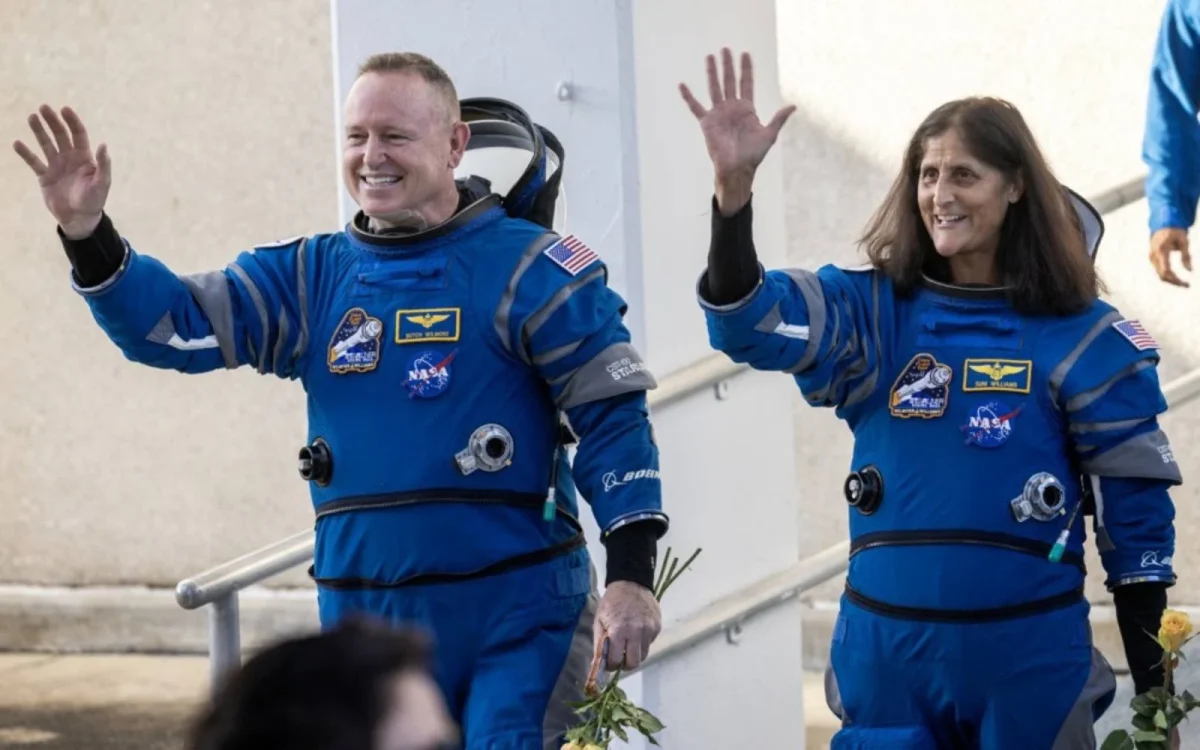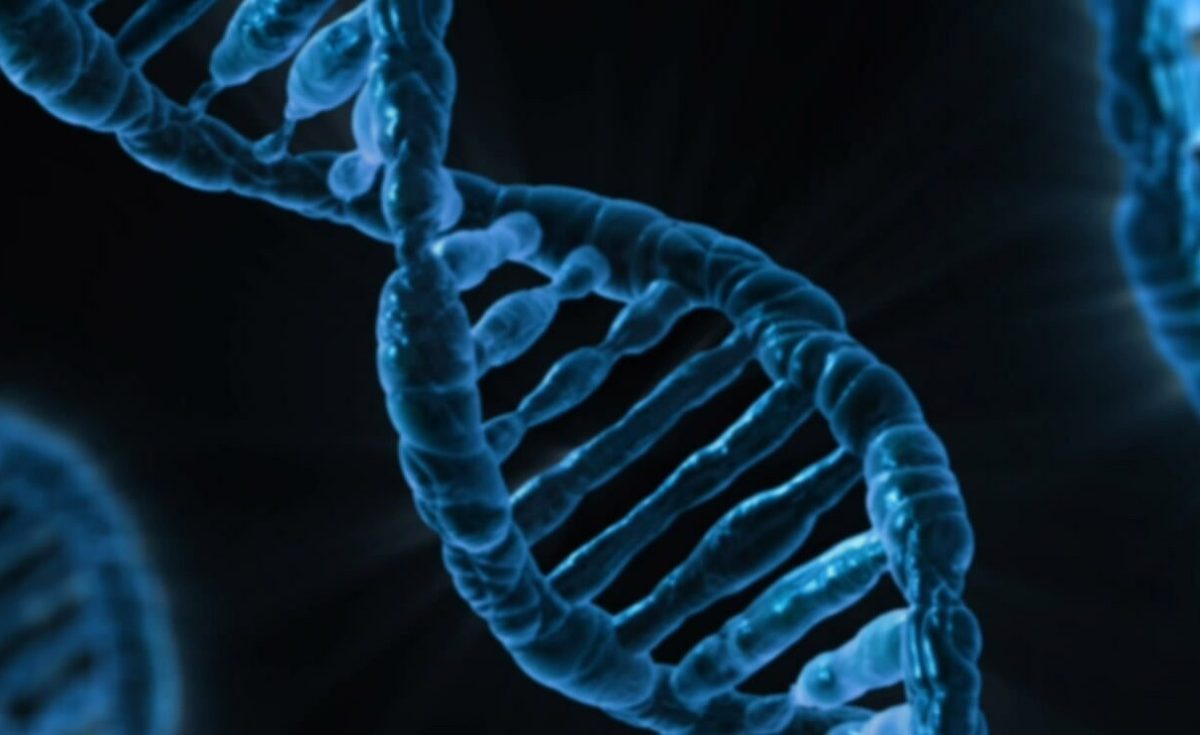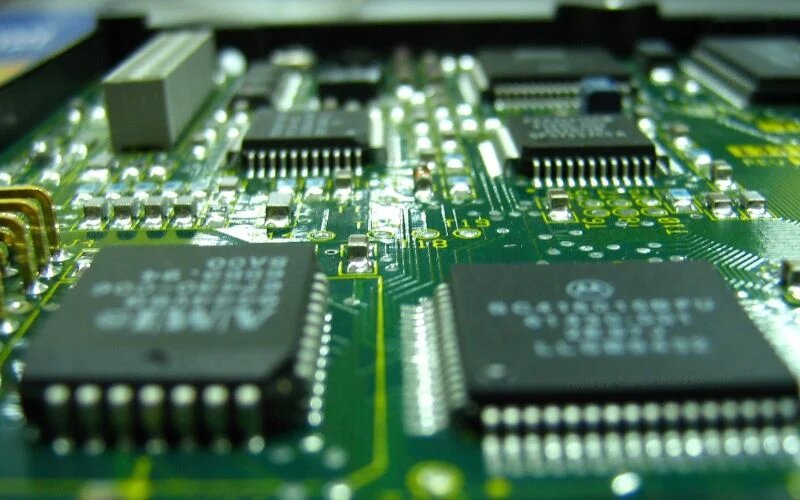Crew-9 consisting of astronauts Suni Williams, Butch Wilmore, Nick Hague, and Aleksandr Gorbunov touched down back to Earth after a prolonged nine months spent in space. On March 18, the four astronauts landed on the Gulf Coast off the shore of Florida from a SpaceX vessel. The crew’s original plan was to board the Boeing Starliner, a new space vessel, and complete their test mission in eight days. However, after complications within the spacecraft, the crew was stuck in space for far longer than anticipated. Ever since their launch on September 28, 2024, they’ve been ready for the possible occurrence of this event. Williams noted that, “We came prepared to stay long, even though we planned to stay short.”
Responsibilities concerning the crew’s safety shifted from Boeing to SpaceX when President Donald Trump took office. Trump blamed the delay of the rescue on President Biden, stating, “the most incompetent president,” allowed the crew to be stuck for such a long period of time. Difficulties with the Boeing Starliner eventually led to Crew-9 returning to earth in the new SpaceX capsule named Fram2.
The astronauts were able to conduct extensive research during and break records during their extended stay. According to NASA, “The American crew members conducted more than 150 unique scientific experiments and technology demonstrations between them, with over 900 hours of research.” Their research mainly focused on plant growth and likelihood of the survival of microorganisms in space. Williams was also able to break the record of total spacewalking time for a female astronaut, with “62 hours and six minutes outside of station,” according to NASA.
Questions surrounding the prolonged effects of an extraterrestrial atmosphere on the human body have roused the public. While in space, the astronauts were monitored to make sure they looked after their health. The longer an astronaut stays in space, the longer it takes for them to adjust back to the conditions on Earth. Due to the pressure on the body on Earth, everyday tasks such as sleeping and walking become difficult upon return. Astronauts can get used to the light feeling that a zero-gravity environment offers, causing muscle mass to lessen without the pressure of Earth’s atmosphere. Moreover, vision problems can also occur for astronauts, as the optic nerve can become flat due to low gravity. As such, astronauts can lose the ability to focus their eyes, even after returning to Earth. Additionally, everyday interactions that most individuals back on Earth don’t give a second thought to become difficult for astronauts who return. Space archeologist Alice Gorman notes that, “the touch of their clothes against their skin constantly is going to be a real irritant.”
Along with these physical effects, many gloss over the mental effects of being confined to a space vessel. Humans are naturally social creatures, and being away from family and friends for an extended period can cause stress and anxiety. Some of the astronauts of Crew-9 had kids and pets, whom they could not see for 9 months. NASA official Steve Stich commented that, “They will get some well-deserved time off, well-deserved time with their families.”
Immediate effects upon arrival are easy to track as astronauts can rely back their experiences as soon as they return to Earth, but the long term effects of staying in space for months are still being studied. Crew-9 aboard the Boeing Starliner will be providing new discoveries for long term effects on the body from stays in space in the next coming







